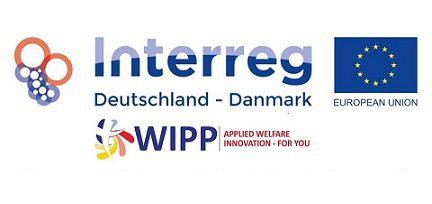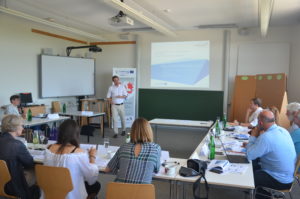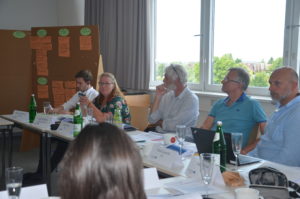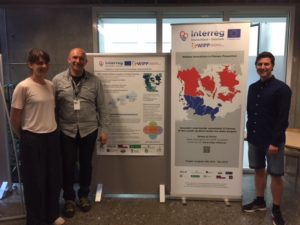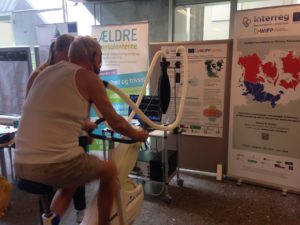Home visits have an extraordinary touch and the WIPP surveys reflect this feature, too.
Remarkable are the small curiosities that appear in the interviews:
- There was an interview in an apartment, where was no network reception, so the visitor had to go to the balcony to activate the RedCapCloud before and after the conversation to send off the guide.
- During an interview a woman, regardless of age, felt constrained to the question:
- “Have you recently lost weight unwillingly?“, answering with “No, unfortunately not!“
- A very special engagement, which should not go unmentioned, refers to the visited people with a migrant background: The volunteer participants are invited to a meeting in a community; an interpreter translates the questionnaire in cooperation with the interviewer for several hours. This involves understanding the developed questions, less interpretation, enough empathy, patient listening and focused work for all involved. All this effort, so that the most accurate cross-section of the district comes about.
- A particularly emotional event for the interviewee and the interviewer is the gain of realization, the vehement intensity that can flow through a person when he suddenly becomes aware of his situation and loneliness. The shattering weeping of abandonment and transience of itself.
- Or the following amusing surprise:
- During the balance test it was simply shown that, a very old lady can easily stand on one leg because she has been doing gymnastics in bed for many years.
